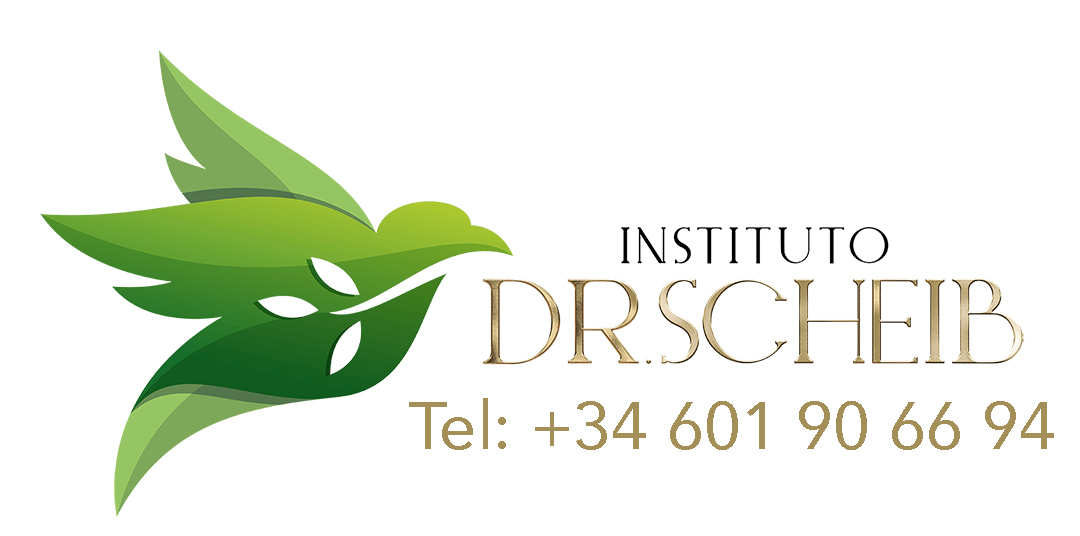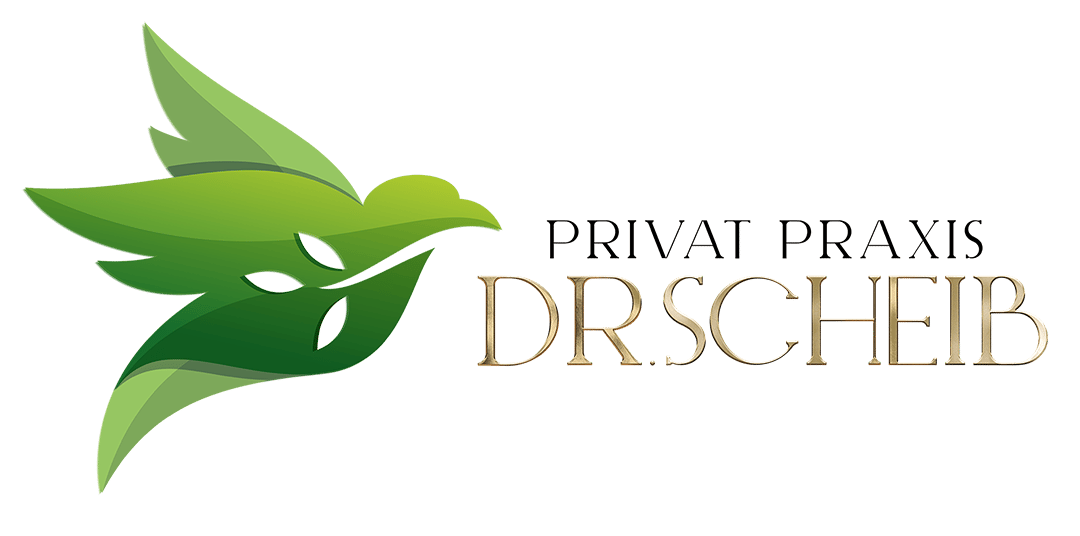Obsessive-compulsive disorder severely restricts the lives of those suffering from it by obsessive thoughts and actions. Thoughts like, for example, that the house might burn down, a child might hurt him or herself, etc., and obsessive actions, for instance not being able to tread on lines, constantly having to wash the hands, etc. Those affected are aware of the absurdity, but are unable to refrain from these thoughts or actions, as this would cause massive anxiety. Their shame is frequently so great that many years pass from the onset of their symptoms until they seek help. It is often because of physical symptoms (e.g. hand eczema) that they get treatment.
Obsessive-compulsive disorder can be treated both psychotherapeutically and pharmacologically. The primary therapies used are behavioural therapy and hypnosis, as well as neurofeedback and rTMS. Depending on the symptoms, behavioural therapy may also start with exposure in virtual reality.
The usual pharmacological treatment for obsessive-compulsive disorder is with serotinin reuptake inhibitors (an antidepressant and remedy for anxiety). Some of the latest studies also show the effectiveness of N-acetylcystein, a drug that is normally used as an expectorant and is very well tolerated.
Recently the effectiveness of ketamine treatment for treating obsessive-compulsive disorder has been confirmed in a number of studies. They have shown that Ketamine treatment leads to a significant reduction or disappearance of the symptoms of obsessive-compulsive disorders, in some cases over a period of weeks after a single infusion. This time can be used for an intensive course of therapy. In that way, long-term pharmalogical therapy can often be avoided.
Equally effective is transcranial magnetic stimulation. This treatment uses a strong, pulsating magnetic field to suppress the overactive area of the brain.
If you are interested in our therapy, please take a few seconds to fill out our contact form. We will then set up a preliminary phone interview at your convenience to determine your individual therapy:








